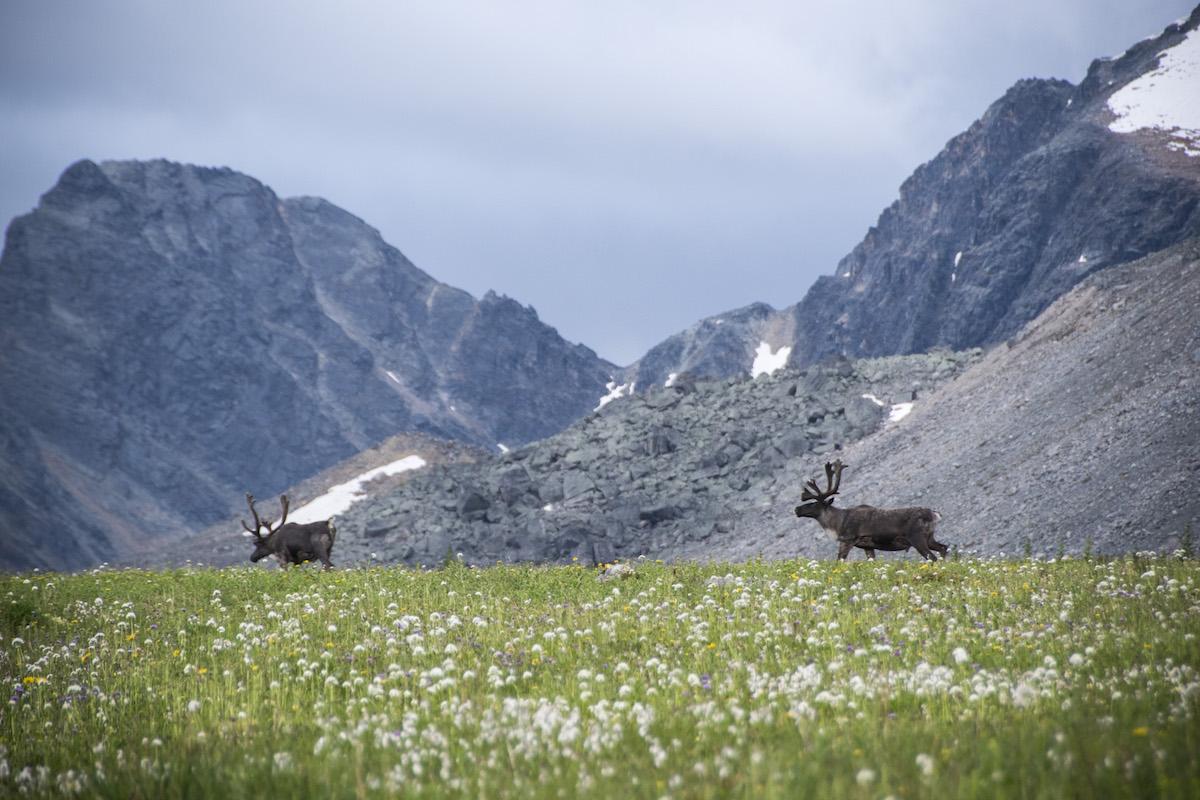
Jasper National Park is hosting two public sessions on the future of its caribou/Parks Canada, Layla Neufeld
Parks Canada is hosting two public sessions on its proposal to rebuild small caribou herds in Jasper National Park. Each session will include a panel presentation and the chance to ask questions, provide feedback and discuss the proposal with park staff.
Those who can’t make it can find information at parkscanada.gc.ca/caribou-jasper and submit comments to [email protected] until Sept. 2.
The virtual session is slated for June 23 from 6:30 to 8:30 p.m. (MDT) The meeting link will be available online.
The in-person session runs June 27 from 6:30 to 8:30 p.m. at the Forest Park Hotel in Jasper, Alberta.
Jasper’s caribou are part of a subgroup of woodland caribou herds called southern mountain caribou. Three small and endangered herds can be found in the Tonquin Valley, the Brazeau mountain ranges near the Icefields Parkway, and on either side of the park’s northern boundary.
Parks Canada hopes to rebuild the Tonquin herd, and eventually the Brazeau and Maligne herds, by adding animals to the population through conservation breeding. This would involve capturing a small number of wild caribou from regional herds in Alberta and British Columbia, breeding them in a protected facility in Jasper and then releasing young animals born in the facility into the wild Tonquin herd.
According to the Idaho Governor’s Office of Species Conservation, southern mountain caribou are unique because they occupy high elevation, forested areas with deep snowfall along the inland temperate rainforest. They don’t make the long-distance migrations of other woodland caribou, but migrate vertically up and down mountains several times a year, surviving winter by eating tree lichens.
In 2018, there were only a few of these endangered caribou left in Idaho’s southern Selkirk and south Purcell subpopulations and they were translocated to the larger Columbia North subpopulation in British Columbia. They were temporarily held in a pen where they were fed and protected from predation before being equipped with GPS tracking collars and released. They are now integrated with the Canadian subpopulation.

 Support Essential Coverage of Essential Places
Support Essential Coverage of Essential Places




Add comment